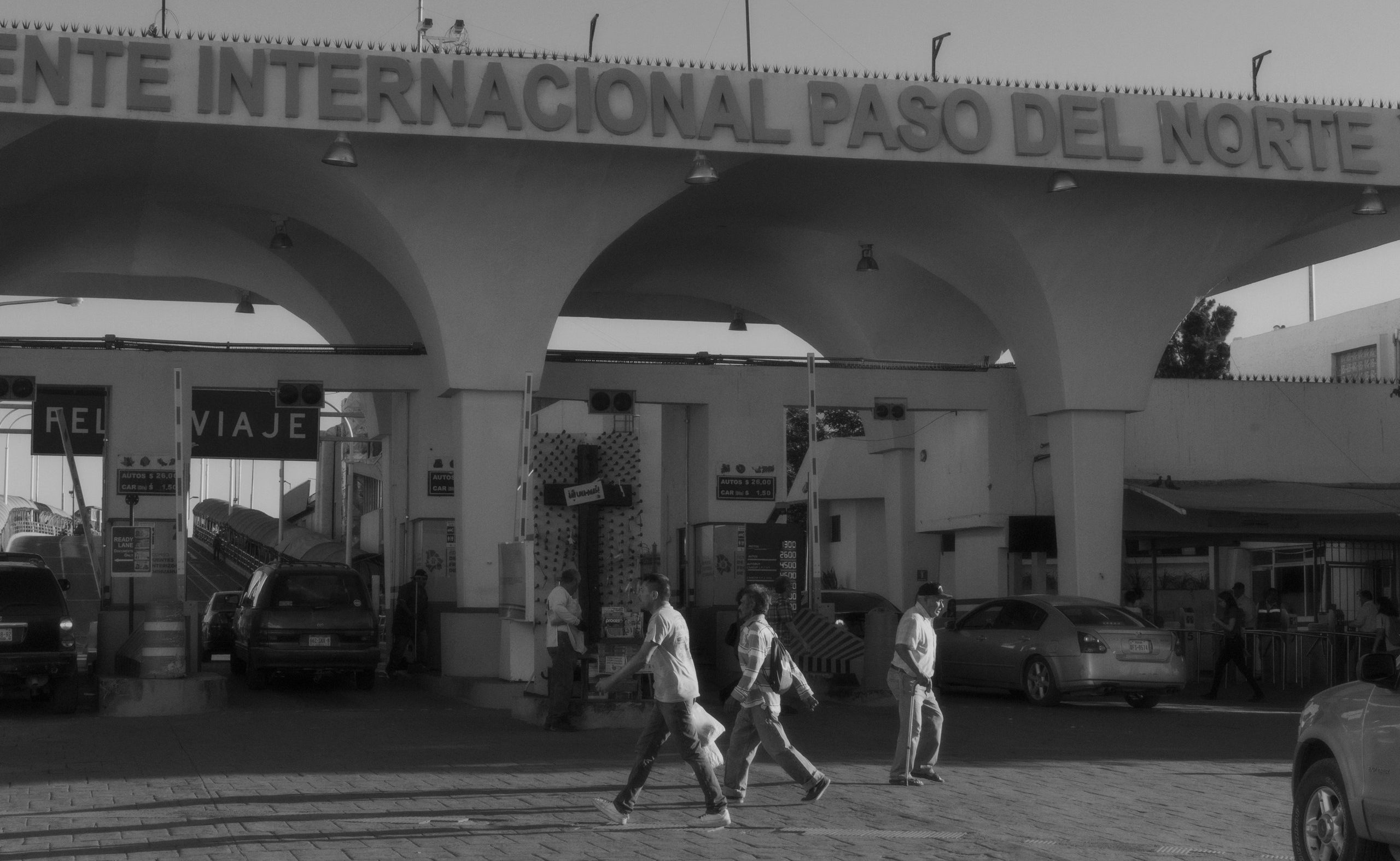Post by: Sherri Sturgeon

To say the Summer of 2020 has been a unique period of time is to casually dismiss the present chaos we find ourselves in. It is a summer not soon to be forgotten; a summer that will be looked back on for generations to come. Yet, while the pandemic of COVID-19 continues and deaths tolls rise at concerning rates, another pandemic has been brewing since long before COVID-19, one ravishing the foundations of our nation. This pandemic? A disease of anti-immigration. Our history in America is founded upon the notion of migrants, yet today migrants face a reality that looks very different than what many Americans, born with this inherent title, can comprehend.
Thanks to the generosity of supporters of the Center for Global Justice, this summer I had the privilege to be an advocate for immigrants with Las Americas Immigrant Advocacy Center, a non-profit firm based in El Paso, Texas. The space given to me in this blog is not expansive enough for me to share the breadth of what I learned – and saw – in the short weeks I worked with this passionate group of advocates. I will say this: my internship with Las Americas has been about more than nicely compiled immigration packets, appropriately filed forms and assisting individuals gain residence here in this land of immigrants. Rather, this summer has been an eye-opening experience of the manner in which immigrants are dehumanized, victimized, and used as political pawns in a system which fails to serve, but rather hurts.
In my time at Las Americas, I have had the honor of working with several individuals who have found themselves victims of trafficking, forcefully brought to this nation. These individuals have been victims of crimes more heinous than I can share in this forum, their pain and agony extending for years as they have sought asylum within our borders. The stories of those trafficked across the border share many similarities. Whether the victims of sex or labor trafficking, once a victim is somehow able to get free of their trafficker, they are then left without status in this country. Sadly, rather than being recognized as victims in need of assistance, our immigration system views them with skepticism, unbelieving of their stories.
Though there is supposedly immigration relief available for these individuals, rarely is such relief granted. The initial victimization is thus further perpetuated when these individuals’ petitions for relief are denied and are deported back to a nation in which they are tracked down by their traffickers, and trafficked once again. As I read through stories and take testimony from individuals who have been deported multiple times, re-victimized, and left entirely abandoned by a system that would claim to offer them solace, the defeat and hopelessness is evident. The pain and tragedy these individuals have experienced is simply unfathomable.
Yet within the team of Las Americas I see a glimmer of hope. Within a system that is governed by an administration that daily seeks to find new ways to limit the legal relief available to those desperate for aid, Las Americas does everything in its power to fight for the vulnerable. Sometimes this means crossing the border to defend those captured by the Remain in Mexico policy, or filing for relief for a trafficking victim for the sixth time in hopes that maybe this time the immigration system will not fail. It looks like continually reassuring Deferred Action for Childhood Arrivals (DACA) applicants that though there is a war between current administration and judicial rulings, they have someone fighting for them to remain in the only country they have ever known. And sometimes this means making a press release to alert the nation to Immigration and Customs Enforcement’s (ICE) systemic sexual assault of detainees, demanding their accountability. I have learned that justice has no one formula and for advocates working for immigrants, creative, multi-faceted measures must be employed to see that they are granted the dignity they deserve. This is the work of Las Americas, and the work I was privileged to take part in.
I recently listened to a well-known jurist speak on her time in law school and she said this: “It felt lonely. It felt isolating … I never felt further from where I came from than when I was sitting in that office, working on briefs that had nothing to do with anything.” I can tell you this: my time as a Center for Global Justice intern with Las Americas has been the complete antithesis of the isolation and purposelessness this individual felt. In the few short weeks I’ve had with Las Americas I have felt anything but isolated and purposeless: I have felt spurred forward by the need to advocate for the voiceless, to seek justice for the oppressed, and to pursue mercy for the hopeless.
If you desire to learn more of how our immigration system functions and have your eyes opened a bit to the manner in which individuals are stripped of their basic dignities through this process, I encourage you to watch the Netflix documentary series “Immigration Nation.” It is a raw, heart-wrenching, real depiction of the realities of the U.S. immigration system that is hard to stomach. But it spurs me to continue on this path toward justice with passion and determination.
This post was written by a Center for Global Justice Intern. The views expressed in this post do not necessarily reflect those of Regent University, Regent Law School, or the Center for Global Justice.

